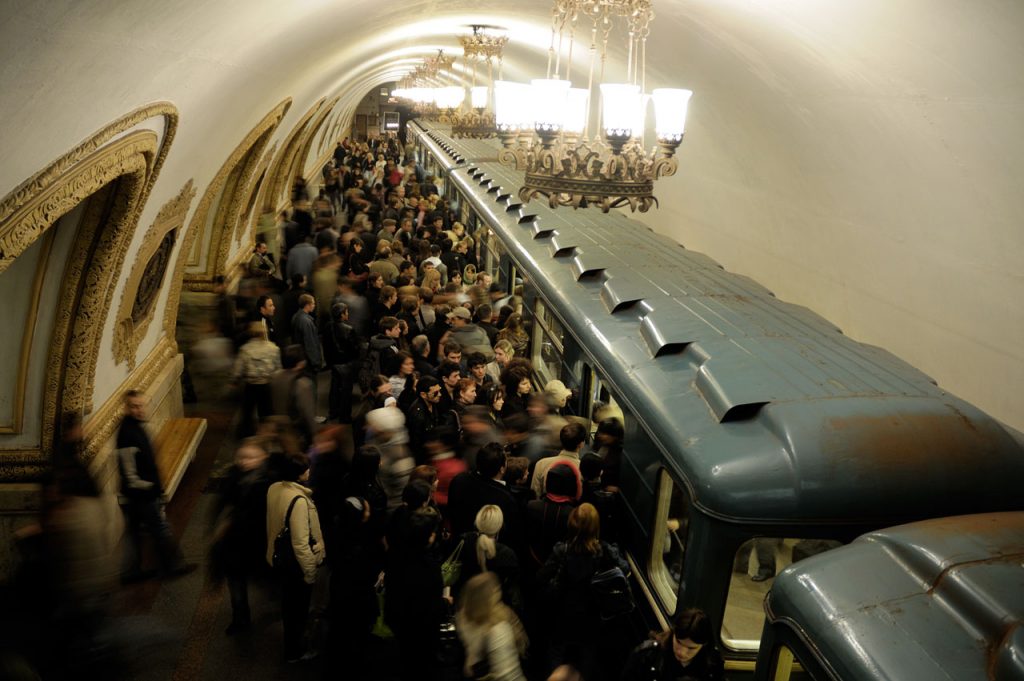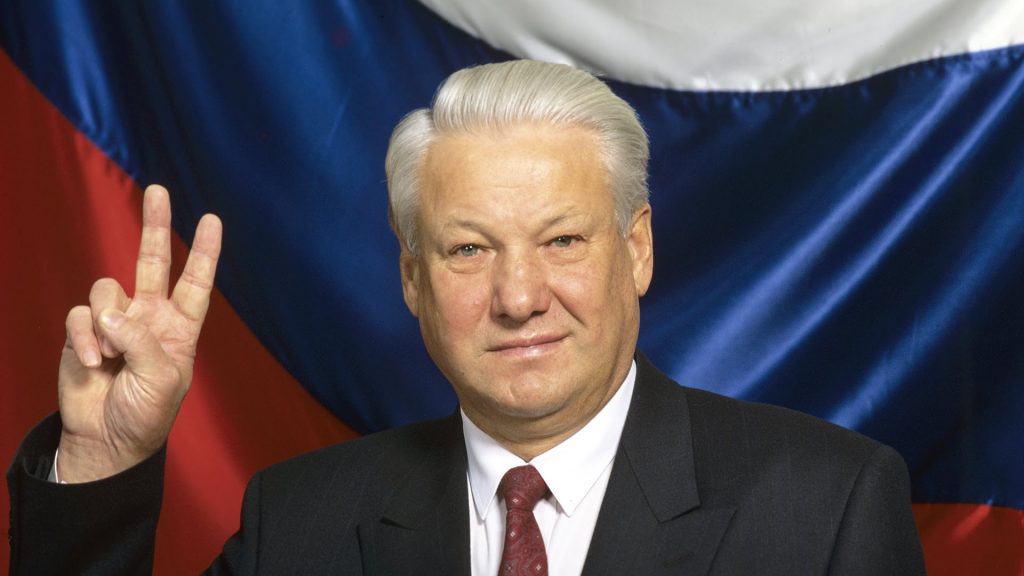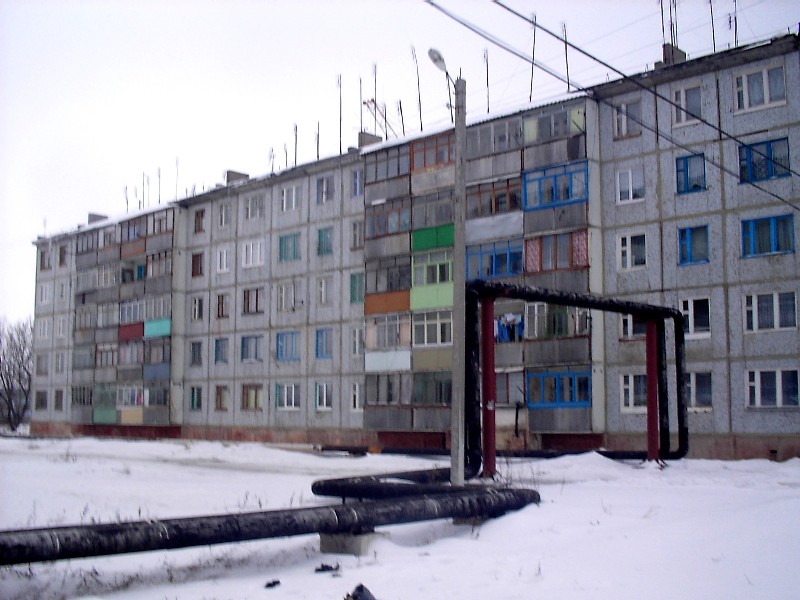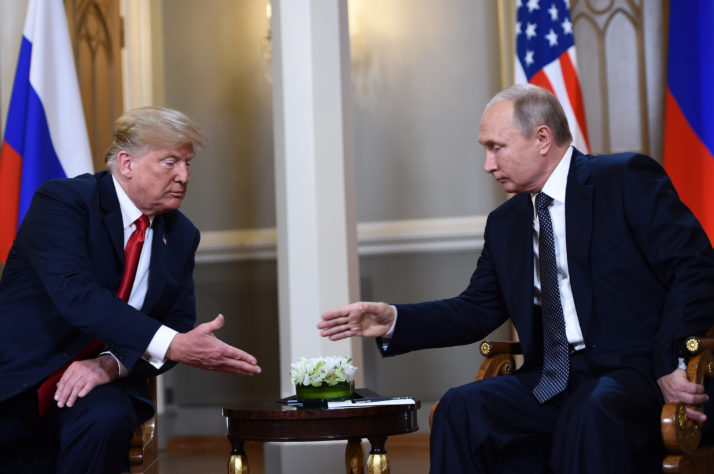
If James Joyce’s The Dubliners are stories about people who cannot escape their unhappiness, and Katherine Anne Porter’s Ship of Fools is about those who believe that they will find happiness when they arrive at their destinations, this story is about immigrants to Russia who once believed that when they arrived here they would find love, money or adventure. Instead, decades later and in the midst of an economic crisis, they find themselves, like millions of other immigrants all over the world, trying to stay afloat in the deep, dark, waters of exploitation and disappointment. I am among them.
We have arisen between five and six in the morning, and traveled from various distant parts of the city, to make the nearly one hour Metro journey to Krylatskaya, on the edge of Moscow. When we arrive, the younger men will scuttle off into allies to smoke grass, and then emerge to smoke one cigarette after another in an effort to get as much nicotine into their bodies as possible to endure the ride. The women will not speak much to each other although a few will engage in banter with the boys. On the first day, I meet my friend, George, whom I have not seen since I first arrived in Moscow nearly a decade ago. I am 72 and he is nearly ten years younger than I, but looks the older and wears the mantle of perpetual over work around his shoulders. His hair is gray, and long, and he wears the same badly worn clothes every day. He is, like me, an American. His last job in America was as an evening manager in a convenience store. His mind is disorganized, and he has for the past ten years focused almost exclusively on teaching phrasal verbs because he really cannot teach very much else. The fact that every class he teaches focuses on phrasal verbs has cost him every job he has had, but he is unremitting. He is in Russia because over fifteen years ago he fell in love with and married a Russian woman he had met in America. For all those years, despite the fact that they live in her free Soviet apartment and have no children, she has driven him unmercifully to work constantly. She forces him, regardless of how far he has to travel or how little he makes, to take every job he gets. He is worn from the effort and from the constant fear of losing her.
At 8:30 or so we begin the second stage of our journey, the 45 minute drive from Moscow to Gorky. On the way we will pass through the birch and evergreen forests emerge at the city limits, the small villages of old gingerbread cottages, and into the realm of the very wealthy where big new houses deliberately resemble fairy tale castles, and on either side, malls filled with high end restaurants and stores, and luxury car dealerships abound. Finally, we will arrive at work, where we will have breakfast, and then begin to teach our six classes, back to back. We are supposed to get a fifteen minute break and be provided with coffee and a snack. There is no coffee, only tea, and the snack goes from Russian pastry, to cheap cookies, to nothing. At a certain point the mineral water disappears; at another, the children cry from thirst because there are no cups to drink the water. The building is huge and elegant. It was a former summer retreat for Communist politicians. But there is no air conditioning, and if one is in a sunny room, it is painfully uncomfortable and the children struggle to stay awake in the heat.
My fellow immigrants are from all over the world. There is always at least one Nigerian, there is a woman from Nepal and a soft and quiet young woman from India, and then there are “the roosters”, those who crow and strut as if the “yard” were theirs: one a mean and hard Irishman, another a thick, very short, and perhaps therefore, nasty Australian, a very thin Englishman, and finally, a middle aged Palestinian who grew up in Ohio. He has two children and twins on the way.
It is a van of fools whose foolishness is reflected in the fact that each tries to assert how “wealthy” and “worldly” he is; if they were either of course, they wouldn’t be there. Their conversation is vulgar and full of sexual innuendos. They worry only about offending me and not the other, younger women. I tell them I don’t give a rat’s ass what they say….truth be told. They are flirtatious with the women, including Dasha, our tough, no nonsense driver/handler – she wears a lot of make up, is a minimalist dresser, gives them as good as she gets. Her driving puts the fear of death into them. I laugh because at 72, death isn’t particularly frightening. Dasha likes me because I have no fear. I like her because she doesn’t give a rat’s ass what anyone says or does.
Their posturing begins on the very first day, when they discuss how each of them (and sometimes their brothers/cousins/uncles) have managed to land a woman who is the only child of a wealthy family. This seems to be their greatest achievement in life; a goal once struggled and finally achieved. For all their masculine posturing, they are very much like the stereotypical picture of woman as gold digger. Save for the fact that their idea of “wealthy” reflects the very fact that they have come from very poor backgrounds. Well, if they hadn’t they wouldn’t have come to Moscow would they? What they mean by wealth is that their wife either has her own apartment, or that their in-laws have bought them a 40 square meter apartment in Moscow for six million roubles or about $100,000. For their wives, and for their families, the most important thing is that these men are citizens of other Western countries. Despite the rise of nationalism and patriotism, a great many Russians, rich and poor, dream of leaving Russia and becoming citizens of those countries. The grass is always greener on both sides of the fence.
The Irishman is funny and his mind is quick. He exudes rage and aggression and a furious need to have others obey him. I am not surprised to find out he is divorced. I am not surprised when he says he is a mixed martial arts fighter. I am not surprised when he tells me he was severely abused as a child. I am totally stunned when he tells me that as a result he feels abuse does not really have much of an effect on children. He mentions that he is buying his ex-wife a house; I don’t know whether to believe him or not. I walk by his class one day to catch him threatening to punch the six year old boys in their heads if they don’t behave.
The Nigerian mentions the wealthy Russian woman he “services”. She has a Jaguar, and the boys laugh over the fact that he will be driving it to work one day.
The Palestinian brags of being a millionaire. He has, he tells us, a summer home where he grows marijuana, a home in Ohio, a home in Kentucky, and a small hotel he is building in Moscow where foreign workers will live. He is almost uniformly pleasant, not particularly macho, not at all vulgar and always stoned. He smokes marijuana before the ride, as soon as we get there, during break time and before coming back. It keeps him subdued and smiling.
The Englishman is a name caller of the first order whose every other word is a curse word. His conversation is full of sexual innuendos both in relation to women and men. He tells us he is a poet, and he looks like one – pale, and nearly emaciated. Like the others, he smokes whatever he can get whenever he can.
The Australian, the littlest rooster, follows the lead of the others, puffing out his chest when he is with the Irishman, looking strong next to the Englishman, and completely avoiding the Palestinian. He has a daughter he seldom mentions. He is angry because his wife spends a lot of time at her mother’s.
Unable to speak more than a few words of English, Dasha responds to the noise they produce by turning up the music and driving the 1995 Dodge van, with worn struts, squeaky brakes, and a transmission that struggles to move out of the first gear, like a race car driver on a track from Moscow to Gorky. The highlight of the road trip comes one day when we see what looks like Putin’s new limousine, followed front and back by two shiny black SUVs, and trailed behind by one lone police car. They drive in the center of the road, blue lights flashing, forcing the other vehicles to the side. We are absolutely delighted to have been in such close proximity to the President of Russia; as if somehow, his significance brushing close assuaged our own insignificance.
We are all liars. We lie to hide our helplessness, our pain, our economic need and exploitation. We lie to feel important because we are of absolutely no importance at all. We lie to make it seem we are working for some other reason than money. I am no different.
I tell them about my children: about my daughter in New York City who bought an apartment that cost a million and a half. About the one in the rich community in New Jersey who owns a large home with six bedrooms and three bathrooms, a two car garage and three cars. About the one who owns a small farm in Vermont and raises horses and exotic chickens, whose children go to private schools, who is vice president of a college, and whose partner is a lawyer. I do not tell them that they never call me on holidays and never on my birthday. I do not tell them that when I got hit by a car, none of them called to see if I survived or how I was doing. I do not tell them I am working this grueling job, because they will not help me with the expensive ticket home, but wait patiently for me to come and cook for them and take care of their children so they can go out to dinner and take their vacations. Each of us lies to hide our wounds and humiliations.
Then there is the journey back to Moscow, and to our small apartments. We are paid 45,000 roubles for 11 days work. The rouble is somewhere between 62 – 63 to the dollar now. I think that we are paid less per hour than workers at fast food restaurants.
Mary Metzger is a 72 year old retired teacher who has lived in Moscow for the past ten years. She studied Women’s Studies under Barbara Eherenreich and Deidre English at S.U.N.Y. Old Westerbury. She did her graduate work at New York University under Bertell Ollman where she studied Marx, Hegel and the Dialectic. She went on to teach at Kean University, Rutgers University, N.Y.U., and most recenly, at The Moscow Institute of Physics and Technology where she taught the Philosophy of Science. Her particular area of interest is the dialectic of nature, and she is currently working on a history of the dialectic. She is the mother of three, the gradmother of five, and the great grandmother of 2.

















































